After the reopening of China, the Baltic Dry Index, one of the important indicators of the global economy, has started to increase. Although the index tracking the transportation fees of raw materials by sea has almost doubled in the last two weeks, it is still close to record lows due to the pandemic and the fact that the war-weary global economy has not yet fully recovered.
It increased from 530 to 935 in 2 weeks
The index, which saw 530, the lowest level in 2.5 years, on February 16, increased to the level of 935 on Monday for the 7th time in a row. In the last month, an increase of 38 percent was recorded in the index. On the other hand, due to the weakness in dry cargo orders, it has decreased by 85% from the peak of 5,650 in October 2021. In May 2022, the index was above the 3,000 level.
The transportation of iron ore, steel and coal is effective
According to experts, the increase in the trade volume of some commodities with the reopening of China has been effective in the last week's increase. According to the news in MarketsFarm, which analyzes commodities, the increase in iron ore shipments from Brazil and Australia was effective in the recent increase in the Baltic Dry Index. The country's steel production also reached 79.5 million tons in January and has been on the increase since August. In addition, the fact that hydroelectric production in China is adversely affected by droughts accelerates Asian coal transports. Freight for panamax ships carrying coal and grain cargoes increased by nearly $2,000 to $10,520. On the other hand, the freight for capesize ships carrying iron and coal increased by more than 10 percent on Monday and amounted to 5,815 dollars.
The decrease in containers continues
Although there has been an improvement in dry cargo ship freight in the last week, container freight continues to decrease. The Drewry World Container Index, which tracks 40 container prices, has dropped 82 percent from its September 2021 peak at $1,898 as of February 23. That's also 30 percent below the 10-year average. On the other hand, the index is above $1,420 on average in 2019 before the pandemic.
”I expect a gradual increase towards the end of the year"
Cihan Ergenc, President of the Turkish Shipowners' Association: “This was an expected correction in the Baltic Dry Index and I expect gradually, albeit slightly, upward movements in the coming period. After that - unless geopolitical and economic expectations change significantly - I predict that the index will hold at a certain level and gradually rise again towards the end of the year.”
"The increase is not due to an increase in the amount of cargo, but due to tonnage problems”
Marvel Maritime Chairman of the Board of Directors Levent Karaçelik: “There is no influx of cargo to support the increase. The increase is only due to the very uneven distribution of tonnage regionally. The Black Sea, the Mediterranean and the Atlantic are full of ships, but starting from the Red Sea, there is a significant decrease in the number of ships on the other side. This decrease is due to the fact that no one has moored their ship to the Far East side as the market has seen the bottom for the last 2 months, and this creates a tonnage problem in that region. Otherwise, supramax ships from America to Europe and the Mediterranean can still be connected for 8-9 thousand dollars in the Atlantic. Ships of 35-40 thousand tons can be moored on the same route for 6-7 thousand dollars. In other words, it is not a healthy increase that develops with the increase in the amount of cargo."


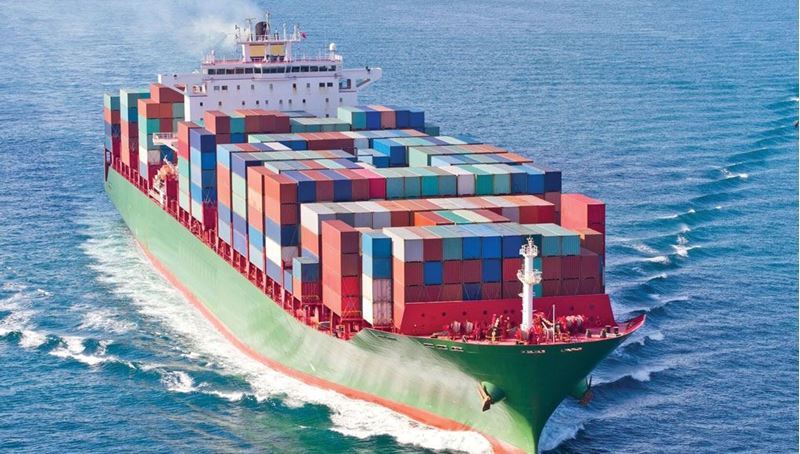

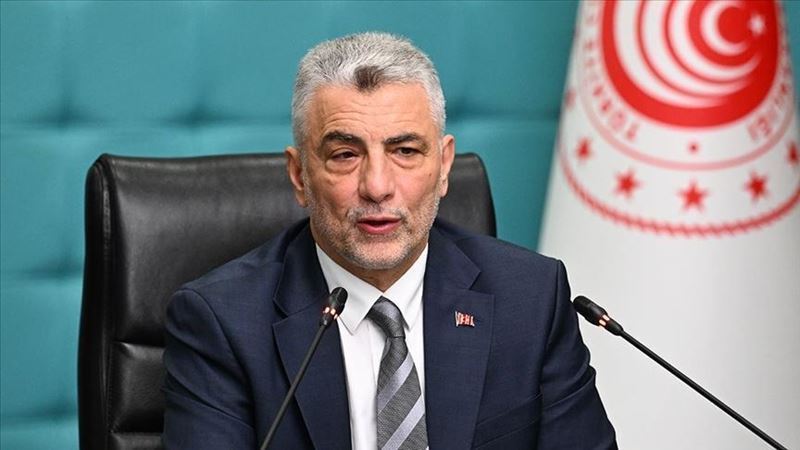
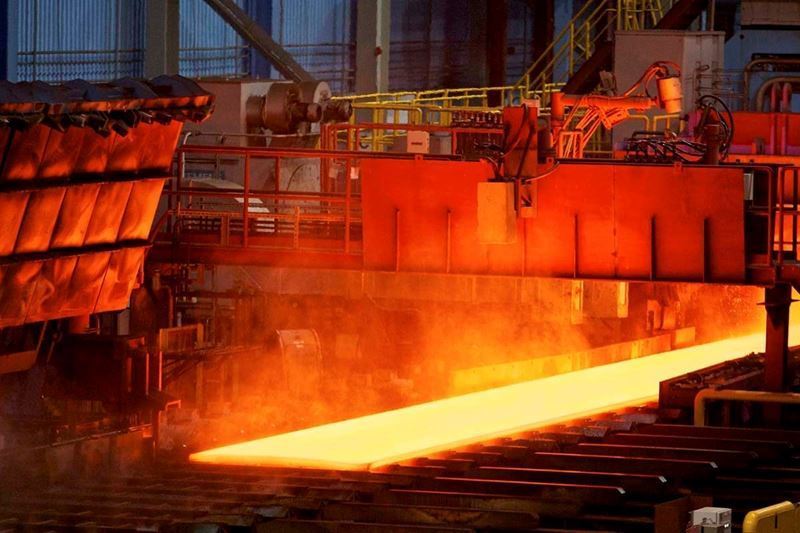
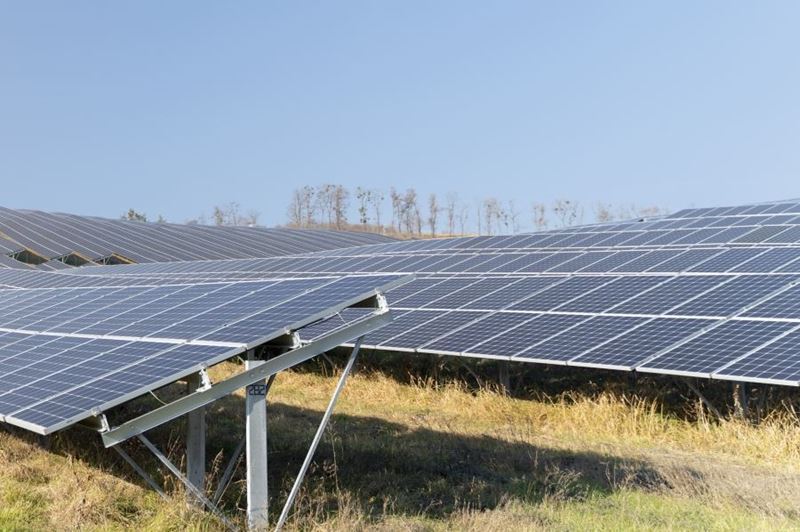
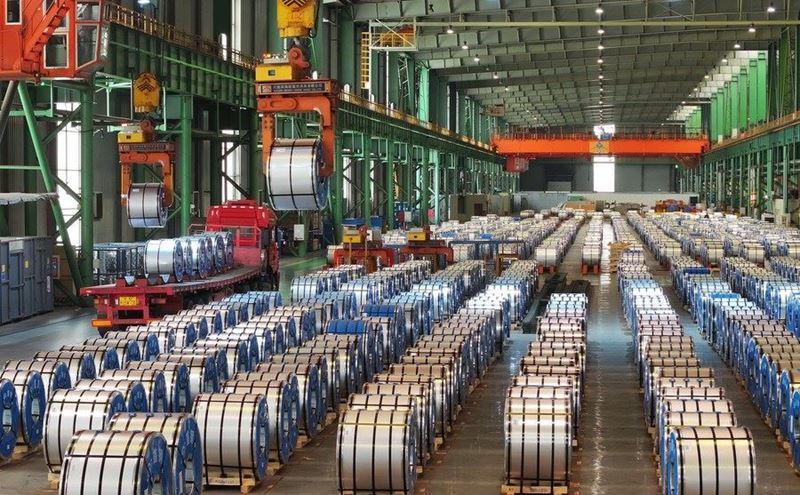
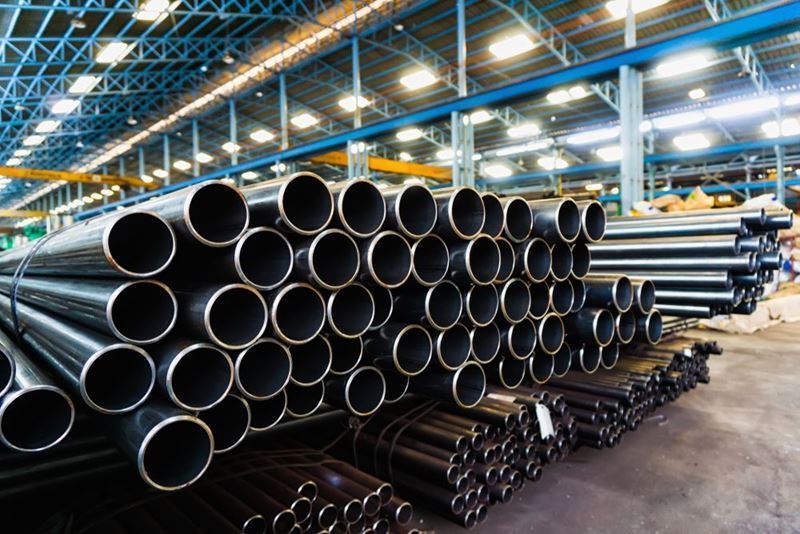


Comments
No comment yet.